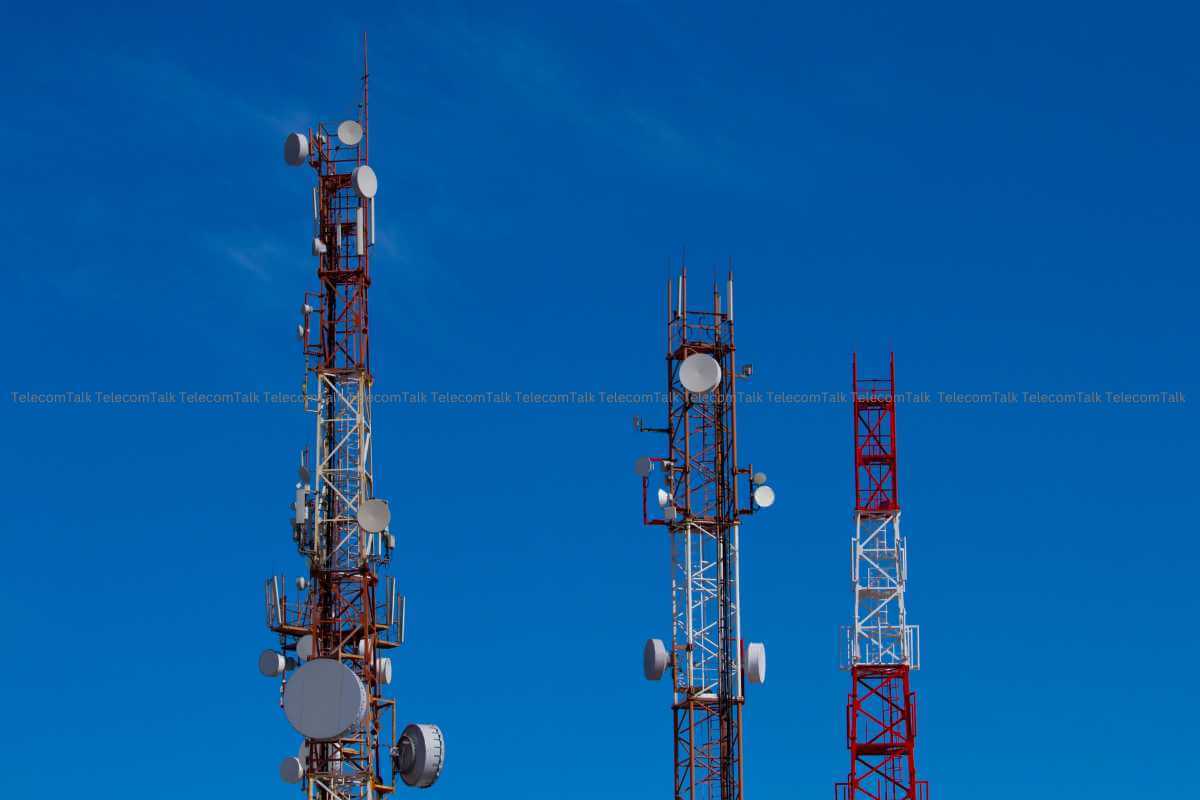
In response to a consultation paper on spectrum assignment for space-based communication released by the Telecom Regulatory Authority of India (TRAI), major telecom players Reliance Jio, Vodafone Idea (VIL), and Bharti Airtel have expressed varying opinions on the allocation of spectrum for satellite communication services.
Reliance Jio and Vodafone Idea have advocated for the auctioning of spectrum, while Bharti Airtel has voiced opposition to this approach. The comments on the consultation paper were made public on Friday.
Reliance Jio emphasised the importance of maximising public good and serving the greatest number of people through spectrum assignment. The company stated that free and fair auctions are the most transparent method for achieving this goal, allowing service providers to determine their preferred technology, be it terrestrial, satellite, or otherwise. Reliance Jio also referenced a Supreme Court ruling that unequivocally supports the transfer of spectrum usage rights through transparent auctions.
Read More - Jio Prepaid Plan with Longest Validity
Vodafone Idea suggested that the spectrum from 27.5 GHz to 29.5 GHz, including 27.5 GHz to 28.5 GHz, should be subjected to a fair and transparent auction, aligning with the 2012 Supreme Court judgment and the principle of equal rules for the same service.
In contrast, Bharti Airtel raised concerns about the potential disadvantages Indian operators may face if the satellite spectrum is auctioned. The company argued that global competing operators simply pay an administrative fee for similar resources in other markets. Bharti Airtel expressed apprehension that auctioning the satellite spectrum could create barriers for competition, as rivals may secure access to it through bidding, even without global allocation. This, according to Bharti Airtel, could render satellite systems redundant and significantly impede the emerging space ecosystem in India.
Bharti Airtel also criticised the concept of auctioning spectrum and subsequently implementing a sharing mechanism, deeming it counterproductive. The company likened it to introducing an intermediary between the spectrum licensor and user licensee, asserting that such intermediaries are unnecessary. Airtel argued that an intermediary entity would need to purchase spectrum from the Department of Telecommunications (DoT) and then offer it to satellite spectrum users through mandatory sharing, leading to unnecessary complexities and multiple sharing arrangements.
The Indian Space Association (ISpA), a space industry body, expressed its view that auctioning spectrum for satellite services would be regressive and run counter to the objectives of fulfilling public needs. ISpA highlighted the unsuitability of satellite spectrum for an auction process.
The divergent opinions presented by telecom firms and industry bodies indicate the complexities involved in determining the most suitable approach to spectrum allocation for satellite communication services. TRAI will carefully consider these viewpoints as it works towards formulating policies that support the growth and development of India's telecommunications sector.















